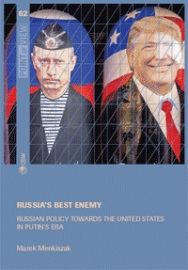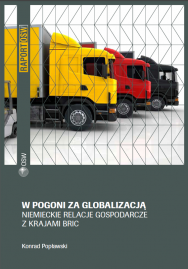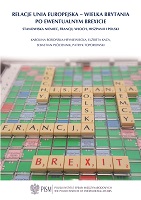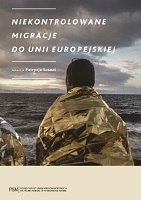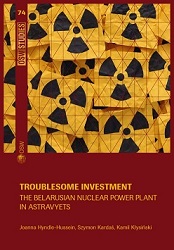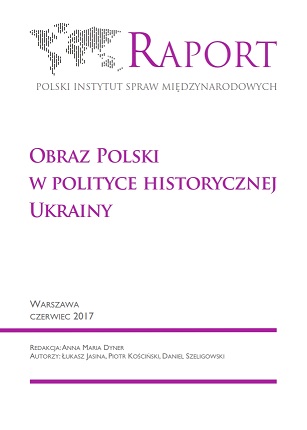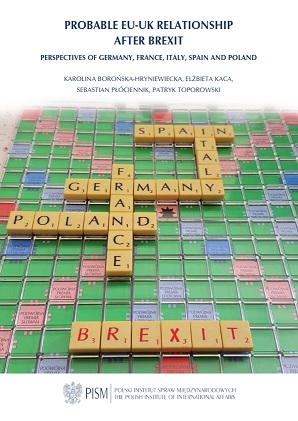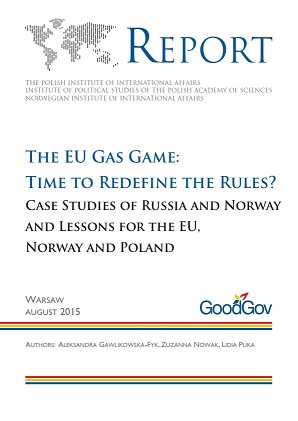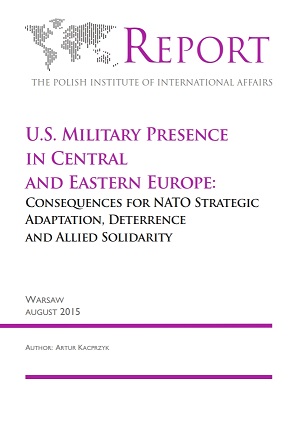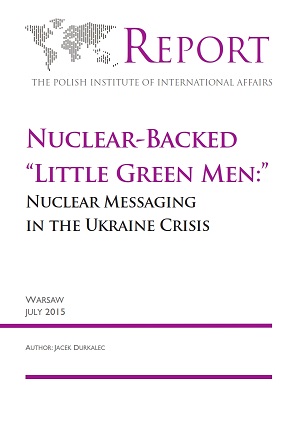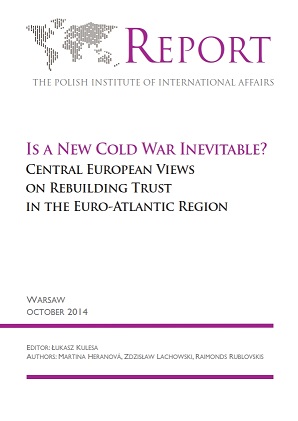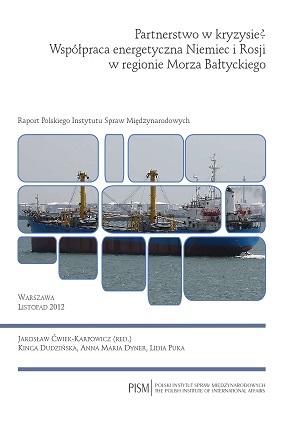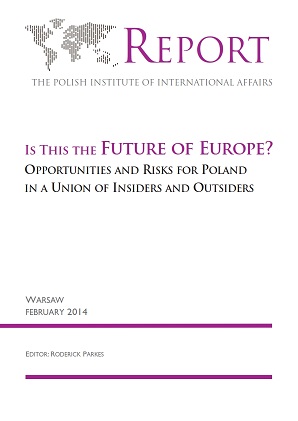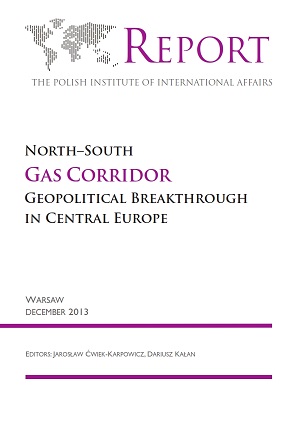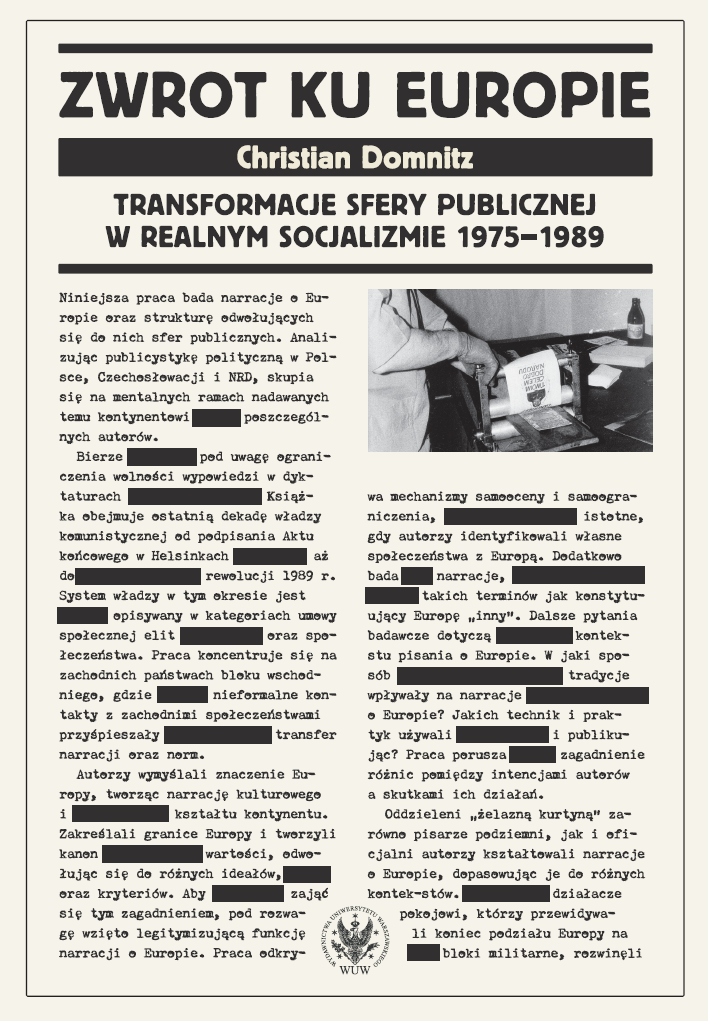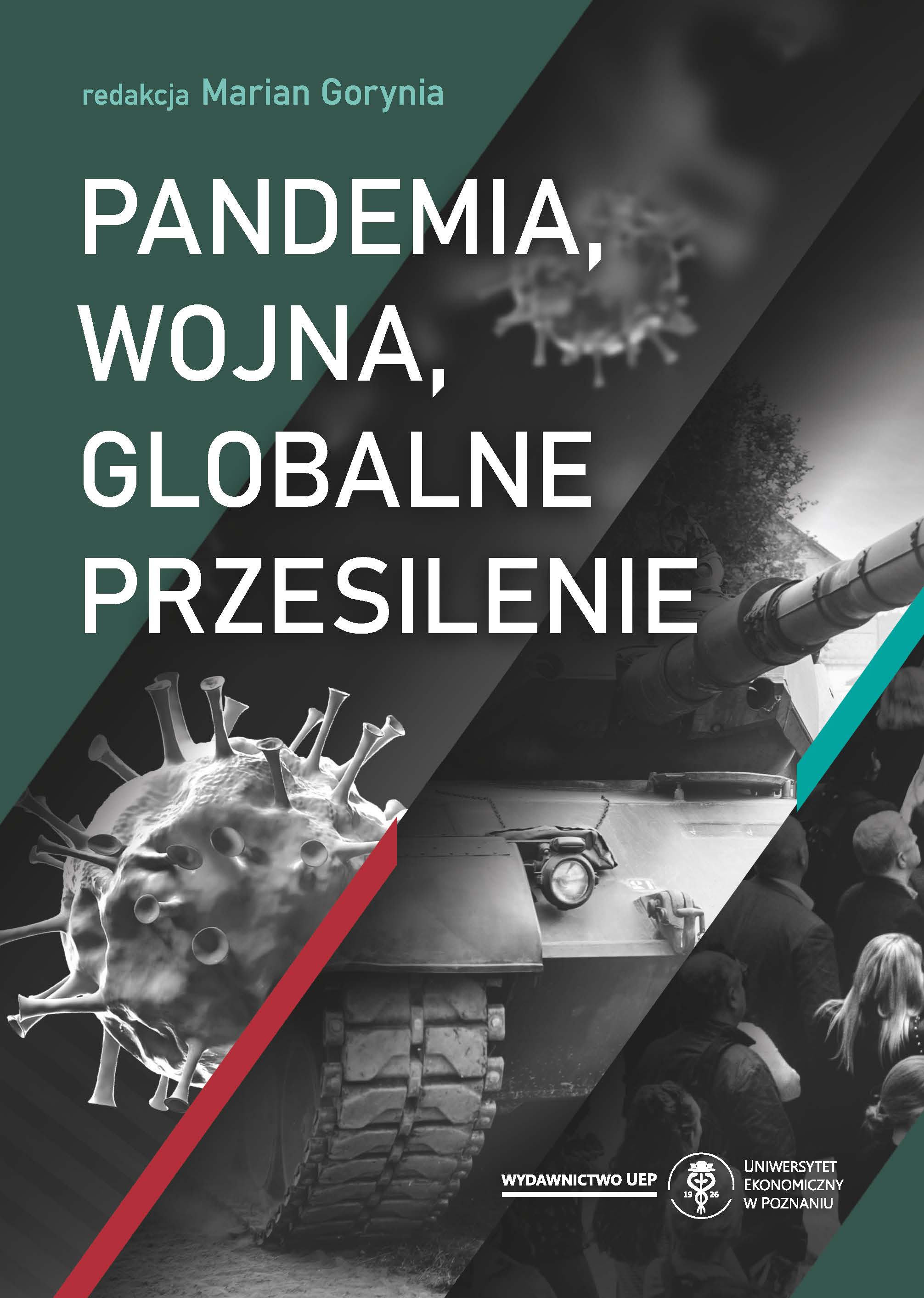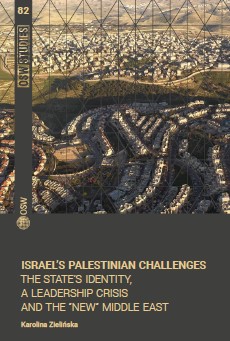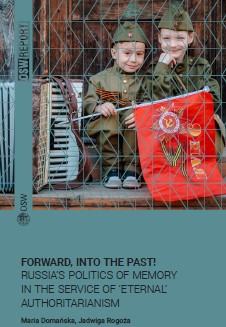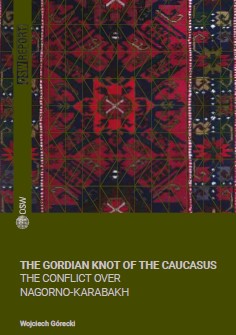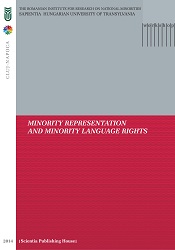
MINORITY REPRESENTATION AND MINORITY LANGUAGE RIGHTS
The conference entitled ‘Minority Representation and Minority Language Rights’ (MIREMIR), which has been organized in co-operation with the Department of Juridical Sciences and European Studies of the Sapientia Hungarian University of Transylvania, the Romanian Institute for Research on National Minorities, the European Studies Department of the University of Amsterdam and the European Consortium for Political Research Standing Group on Federalism and Regionalism, has covered two important topics of the minority issues, trying to find an answer for the above formulated question. One of these topics is concerning the problem of minority representation, involving issues related to autonomy and minority self-government, electoral politics and parties. On the other hand, as we can see in this volume, the problem of language rights, of language policies and of the real-life practices of European minorities living inside the EU or in countries willing to become member states of the EU was the second important topic of the conference.
More...
